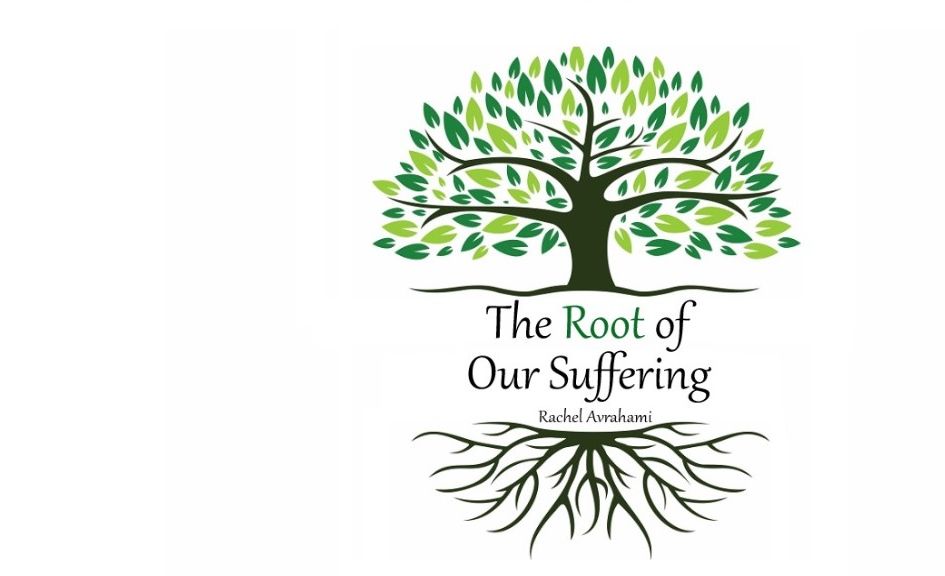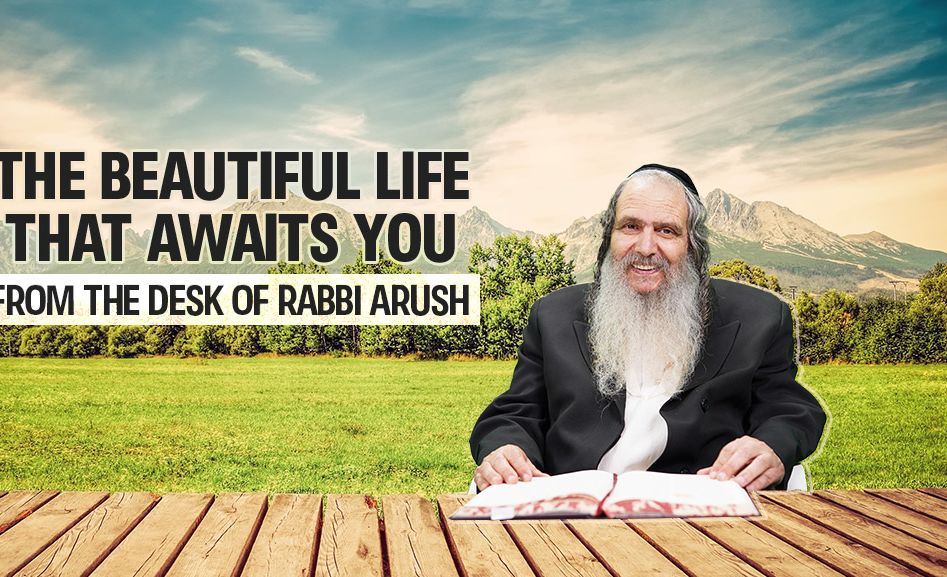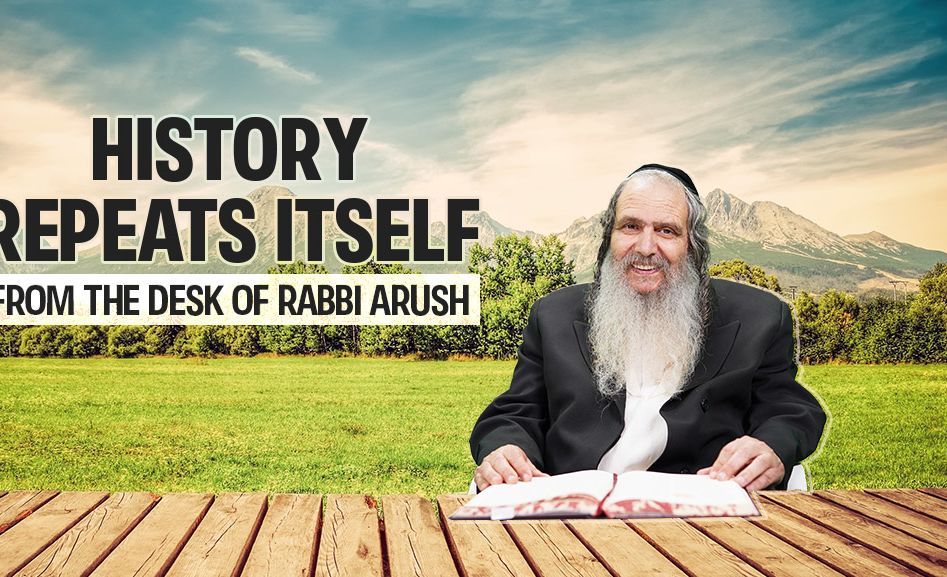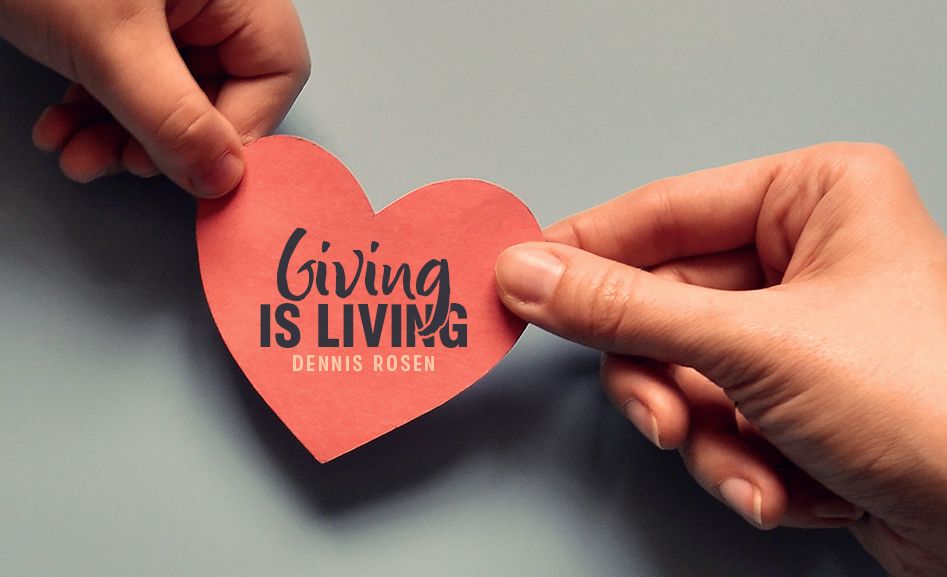
We’re Still Waiting
Tisha B'Av, 2007: There's nothing like a war to make us realize the important things in life! At the same time thousands of our children – the future of our nation...

There's nothing like a war to make us realize the important things in life! At the same time thousands of our precious children – the future of our nation – are endangering, and losing, their lives to protect us.
Tisha B'Av night, my youngest daughter and I took the bus to the Kotel, to recite Megillat Eicha. The Kotel was crowded with hundreds – thousands – of Jews, all mourning the destruction and yearning for the redemption. Approaching the Kotel plaza, I was engulfed in an overwhelming, almost searing, physical pain that we are still in Exile, that we can only get a glimpse of the glory that was once Jerusalem.
Every year the pain of the Galut, the Exile, is an intellectual pain. Yes, I know there was a Beit Hamikdash. Yes, I know that when the Beit Hamikdash will be rebuilt the world will be filled with kedusha, holiness. And I also realize that we are so far from that level of truth that we can't even imagine a world filled with Hashem's Presence. It's beyond our experience. I understand, intellectually, that in lacking the Beit Hamikdash are missing an integral part of our connection to the Almighty, but the concept is so far beyond anything I have experienced that I cannot feel it in a tangible, real way.
Hashem's presence in this world is concealed. And because of that concealment, Hashem is, so to speak, in pain. The Almighty desires that relationship with us; and that pain – the pain of Hashem's concealment – is the real pain of the Exile.
This year the proverbial wandering Jew is, once again, grabbing a few meager belongings and running away from an enemy intent of destroying him for the simple reason that he is a "member of the tribe." Tens of thousands of Jews are crowded into private homes, dormitories, schools, hotels and even synagogues, deserting their material possessions while trying to hold on to their precious sense of humanity. There's nothing like a war to make us realize the important things in life! At the same time thousands of our precious children – the future of our nation – are endangering, and losing, their lives to protect us.
The pain of the Galut is real — very, very real. Our enemy is intent on nothing less than completing Hitler's evil plans. We are fighting for our very existence. At least in my generation, the Messianic era never seemed so far away.
I once heard Rabbi Ezriel Tauber speak about yearning for the redemption. He said that we can yearn because we feel the pain of Hashem's concealment, or we can yearn because of such things as bombs and terrorist attacks. When we yearn because we feel the pain of Hashem's concealment and desire that His splendor be revealed, then we are yearning because we want the Beit Hamikdash to be rebuilt – because we want Moshiach. But when we yearn because we "can't take it any longer," we are really yearning for a physical calmness and tranquility – and not for the deep spirituality of the redemption. We are longing for ourselves, and not for the Almighty.
But in practical terms, how can we take the very real anguish that we are now feeling and turn it into a yearning for Hashem's splendor to be revealed? How can we turn the searing pain we feel when we open the newspaper to a means of bringing the Moshiach closer?
The root of our present physical suffering is within us. The physical suffering is a reflection of our spiritual lacking – of how we have concealed Hashem from our lives. Because we are lacking in our relationship with Hashem we have not yet been privileged to greet the Moshiach and build the Third Temple.
In other words, our physical suffering is a reflection of Hashem's pain, and therefore in strengthening our connection to the Almighty we are, so to speak, bringing joy to the Almighty and in bringing joy to the Almighty we are diminishing our own pain and bringing the Messianic age closer.
Rebbe Nachman proclaimed, "The Mashiach will conquer the entire world without firing a single shot!" (Siach Sarfei Koedesh 1:67). His ammunition will be our prayers, mitzvot and good deeds.
We have the power to bring the Moshiach. Just as we are fighting a physical battle, there is a spiritual war taking place, and its ammunition, the ammunition of Moshiach, consists of prayers, mitzvot and good deeds! That ammunition strengthens our connection to the Almighty, which in turn lessons Hashem's level of concealment, thus bringing, so to speak, joy to the Almighty. After all, Hashem wants to bring the Moshiach and rebuild the Beit Hamikdash. He is just waiting for us to be ready! He is waiting for His bride.
The Hebrew word for prayer is tefilah. TeFiLah has the same Hebrew root as the word naFTuLey, which means to connect (Breishit 30;6, see Rashi). This demonstrates that prayer, tefilah, is our primary channel of connecting with the Almighty (Likutey Moharan II,84).
It's impossible to have a relationship with someone we don't communicate with! When we speak to Hashem, ask Him for the things we need, to help us to become better Jews and overcome our bad character traits, we are strengthening our relationship with the Almighty, which, in turn, brings Hashem great joy.
It's up to us to use our present sorrows as an impetus to produce greater and bigger spiritual ammunition; ammunition big enough to completely eradicate the katushyas and rockets, anti-tank missiles and mortar that are destroying our country.
Hopefully next Tisha B'Av, instead of experiencing the pain of Exile, we will joyfully walk across the Kotel Plaza, pass through Shaar HaElyon, the Upper Gate, and enter the Temple Mount. There, we will bring our Korbonot, our Offerings, to express our gratitude to Hashem for presenting us with the Third Beit Hamikdash. May it happen speedily, today!









Tell us what you think!
Thank you for your comment!
It will be published after approval by the Editor.